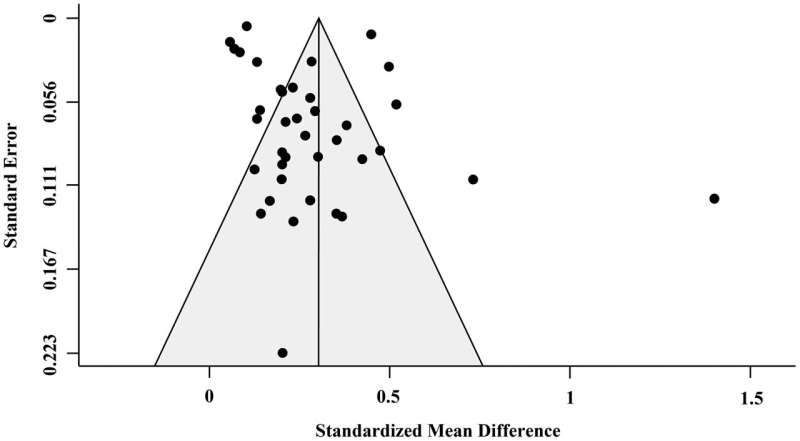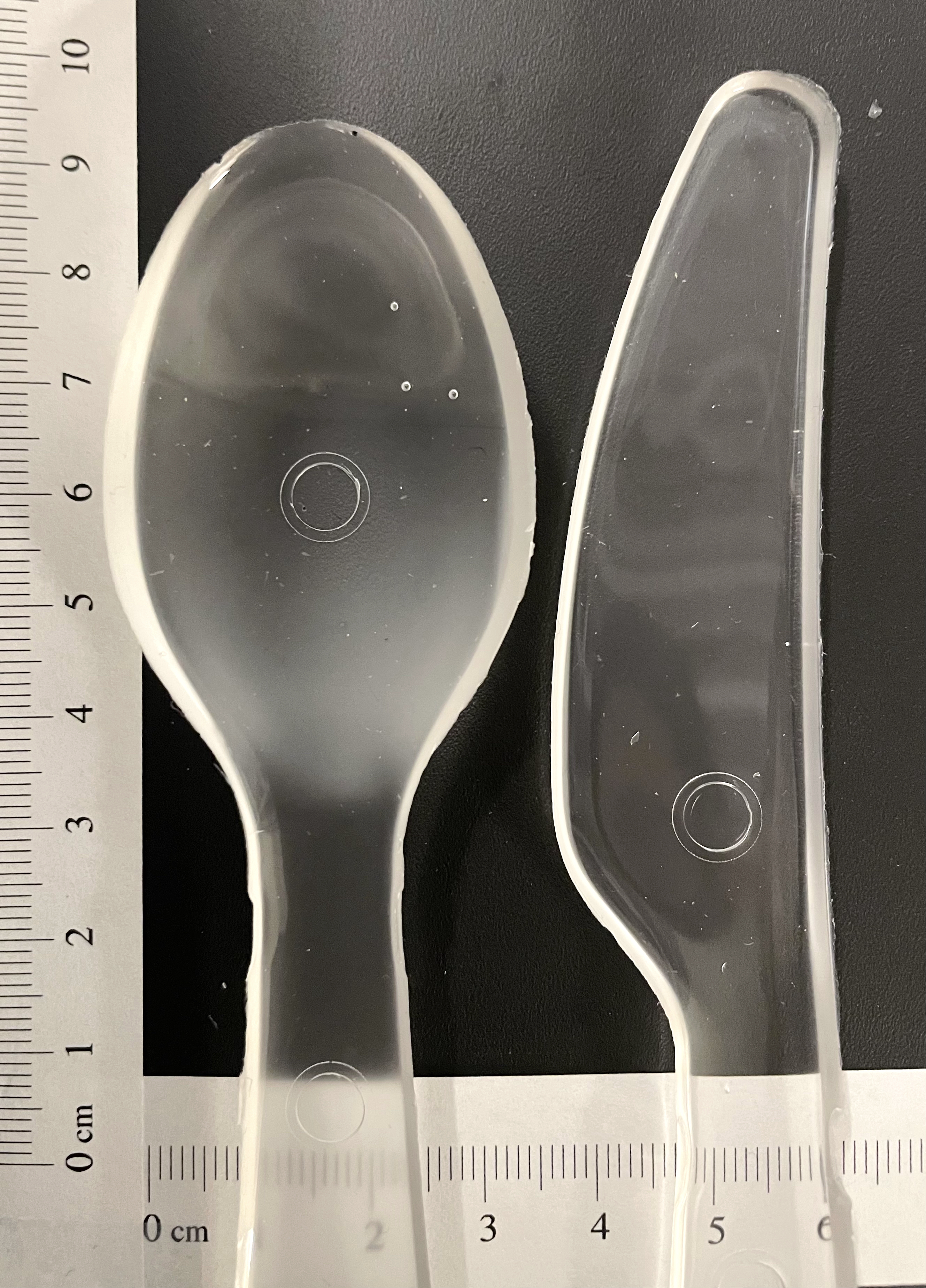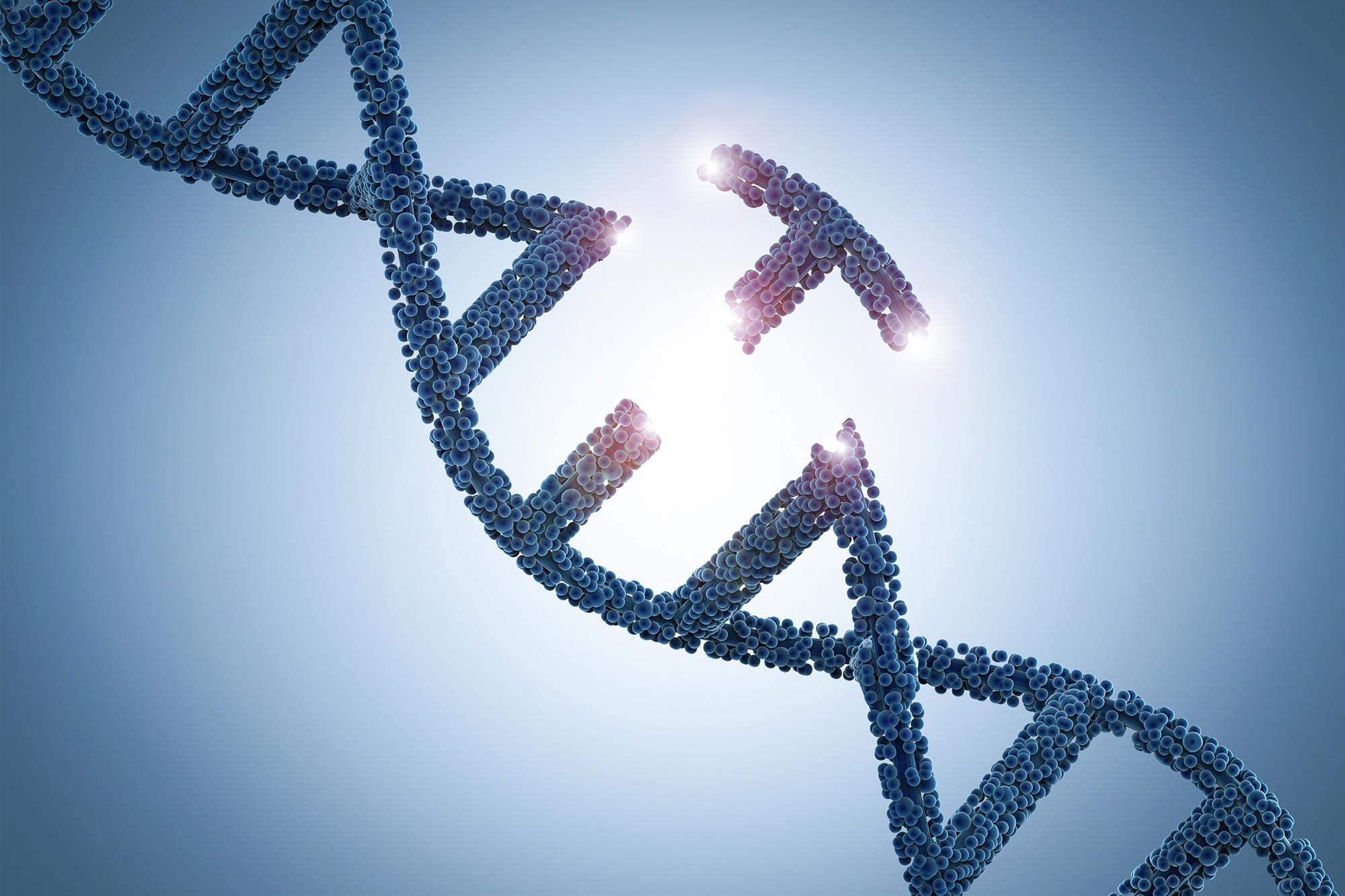Montreal’s single-use plastics ban comes into effect, covering range of products
THE CANADIAN PRESS
A Montreal municipal bylaw banning the use of single-use plastic items comes into effect today, with glasses, stir sticks, straws and utensils among the items that will be prohibited.
The ban also applies to polystyrene or compostable plastic products, whether used on-site in restaurants or for takeout, with the only exception being trays for raw meat and fish.
The bylaw was passed 18 months ago and covers the 19 boroughs that make up the city of Montreal, with officials estimating some 8,400 businesses will be affected.
There are certain exceptions, including for non-profit groups like charities or organizations that deliver meals to vulnerable people.
Inspectors will be able to give a warning during the first visit, but from the second violation, merchants are exposed to fines ranging from $400 to $4,000.
Marie-Andrée Mauger, the city’s executive committee member in charge of ecological transition, says the city will show some leniency to allow merchants to clear their older stock.
Mauger told reporters last week the city’s only landfill will reach capacity in 2029, so there is no choice but to reduce waste at the source.
“We must respect the limits of ecosystems,” Mauger said. “If everyone lived like us in Montreal, it would take four planets to support the rate at which we consume resources.”
British Columbia
Messaging, visual cues can reduce the use of plastic produce bags, says study from UBC prof
Jiaying Zhao hopes behavioural study will be used in grocery stores to cut down on plastic waste
The University of British Columbia psychology professor behind a new study says using interventions such as visual cues or motivational messages in grocery stores can reduce the use of plastic produce bags.
"I think one of the insidious items that's still out there is produce bags. We now ban single-use plastic bags at grocery stores, but produce bags are still freely available," said Jiaying Zhao, an associate professor in UBC's Dept. of Psychology who studies behaviours around waste reduction and recycling.
Countries around the world are struggling with how to reduce the amount of plastic ending up in oceans. A year ago the United Nations approved an agreement to create the world's first global plastic pollution treaty, while an increasing number of jurisdictions in places like B.C. have put bans on single-use checkout bags in stores.
Zhao decided to focus on produce bags — used to pack fruits, vegetables, or bulk foods in grocery stores — in her latest study, published in the journal Resources, Conservation and Recycling, because they are rarely reused and can greatly contribute to plastic waste at landfills or in the ocean.
For the study, messages like "Join your fellow citizens to not use produce bags" or an image of a turtle with a bag in its mouth were displayed in an online grocery shopping experiment when it came time for participants to select how many produce bags they required.
All interventions resulted in a reduction of bags compared to a control group. The least successful intervention reduced produce bag use by 9.2 per cent. An incentive known as an extrinsic nudge — "If you choose not to use produce bags, we will donate to Ocean Wise, which is a globally-focused conservation organization on a mission to protect the ocean" — netted a nearly 50 per cent reduction in bag use.
The study, which was originally planned to be conducted in grocery stores in 2019 but had to be taken online due to the pandemic, builds on Zhao's other research.
Zhao says her latest study helps communicate to consumers how their behaviours are linked to plastic pollution.
"It directly links the consequence of our actions to that decision to use a produce bag in the first place," she said.
'You don't need to add any more plastic'
Since 2015, NADA, Vancouver zero-waste grocery store, has sold fruits and vegetables along with bulk items without providing packaging of any kind.
Claire Lester, the digital manager for NADA, said practices in grocery stores — such as using flimsy produce bags — have become an unnecessary habit for shoppers.
"Produce and fruit, they all have a skin to them that kind of protects them from the outside world that you don't need to add any more plastic to, so oftentimes you will see really unnecessary packaging in grocery stores like cucumber wrapped in plastic," she said.
Lester was impressed at how Zhao's interventions were able to break people's habit of using produce bags. She encourages the practice in conventional grocery stores to help customers change their ways.
"I know for myself, it just seems weird to grab a plastic bag for things that don't need it now, so it's kind of a retraining that happens and I think it's totally possible for anyone to do," she said.
Zhao hopes her studies bridge the gap between businesses and municipalities that want to reduce plastic pollution without implementing punitive measures.
"Behavioural interventions are a really powerful tool to change human behaviour," she said. "I know that changing policy is difficult so I think ... at the very least what we can do as consumers or as businesses is to implement those interventions ourselves and see the changes that result."
Zhao hopes to partner with a grocery store chain and conduct a repeat of the produce bag study in stores.
"I think the results would be stronger," she said.
Study shows that people are more likely to be eco-friendly if others around them are

A quartet of climate scientists, two from the University of Gothenburg, and one each from Yale University and the University of Cambridge, has found that educating people about the benefits of being Earth-friendly may not be the best approach to improving Earth-friendly behaviors. Instead, as Magnus Bergquista, Maximilian Thiel, Matthew Goldberg and Sander van der Linden explain in their paper published in Proceedings of the National Academy of Sciences, the best approach may be exposing them to other people behaving better.
Over the past several decades, local and national officials have been listening to scientists regarding the benefits of being Earth-friendly. Polluting less, recycling and using resources such as water more wisely benefit everyone. Still, despite much effort, less than Earth-friendly behavior is still rampant. People waste water, toss trash onto the ground and refuse to separate their trash for recycling. In this new effort, the researchers suggest a different approach—peer pressure.
To learn more about the impact of nagging people with Earth-friendly messaging, the researchers gathered and analyzed insights from 430 studies done on the subject. They found that such messaging is ineffective—prior research efforts, taken together, showed that such messaging changed behavior on average by just 3%. For example, exposure to messages that a product is more environmentally friendly results in only a 3% difference in sales.
The researchers also found that financial incentives were not much better—they saw differences of just 12%. What did motivate people to change, the researchers found, was the behavior of other people around them. If there was trash on a hiking trail, people felt free to add more. If a light was on when they entered a public restroom, they left it on when they left. But if a hiking trail was clean, people were less likely to litter. And if a light switch was turned off when entering a public bathroom, people were more likely to turn it off when they left.
The research team concludes that the way to get people to change their environmental behavior is by making them think that other people around them are behaving responsibly, making them look bad if they do not behave better themselves.
More information: Magnus Bergquist et al, Field interventions for climate change mitigation behaviors: A second-order meta-analysis, Proceedings of the National Academy of Sciences (2023). DOI: 10.1073/pnas.2214851120
Journal information: Proceedings of the National Academy of Science
© 2023 Science X Network
Improve recycling compliance by using this technique in public service announcements









